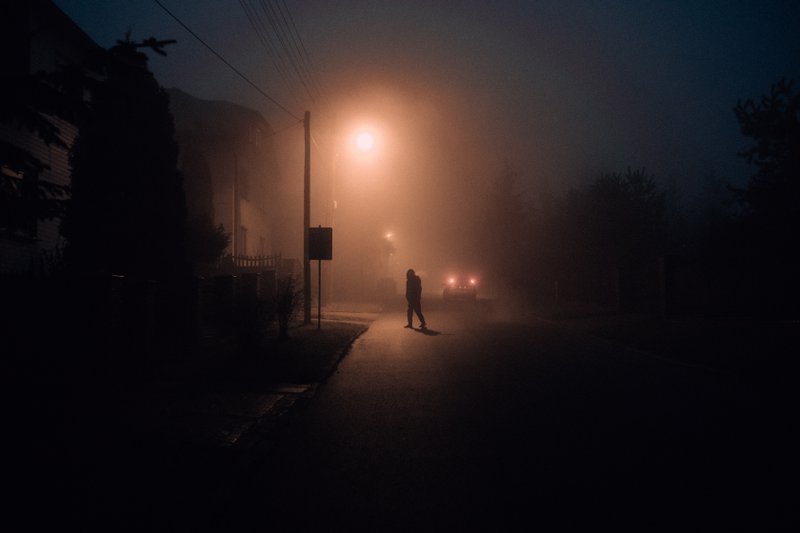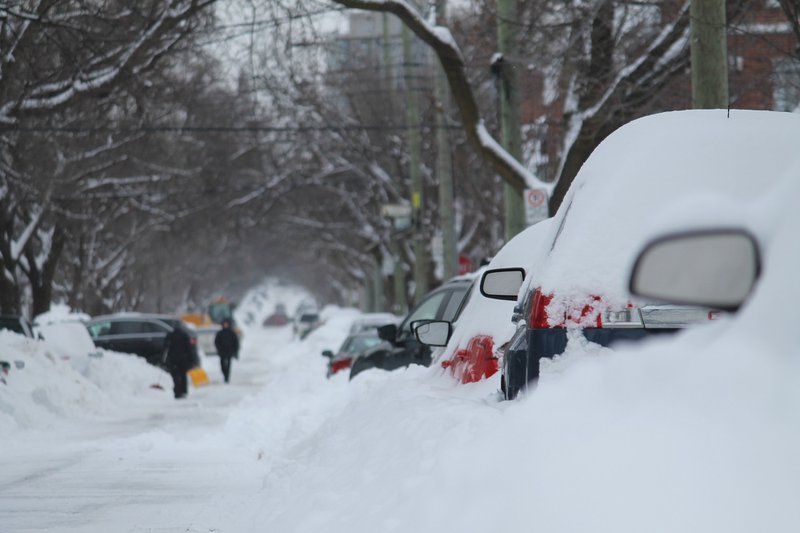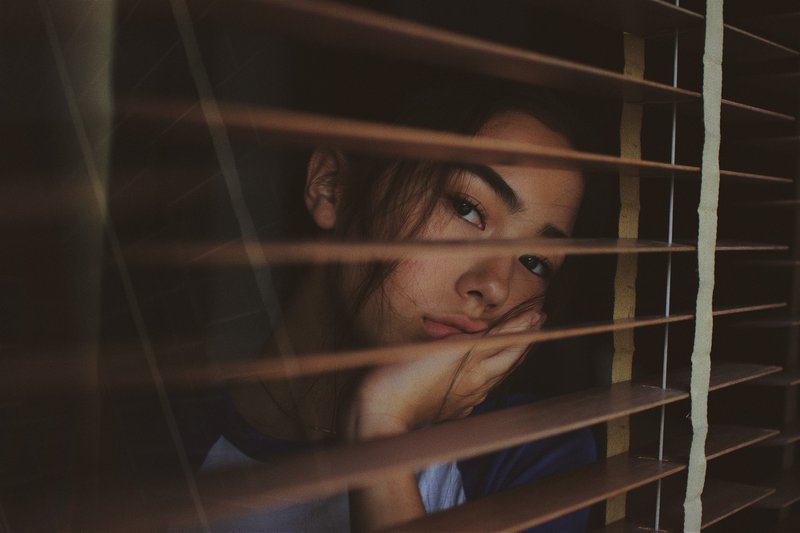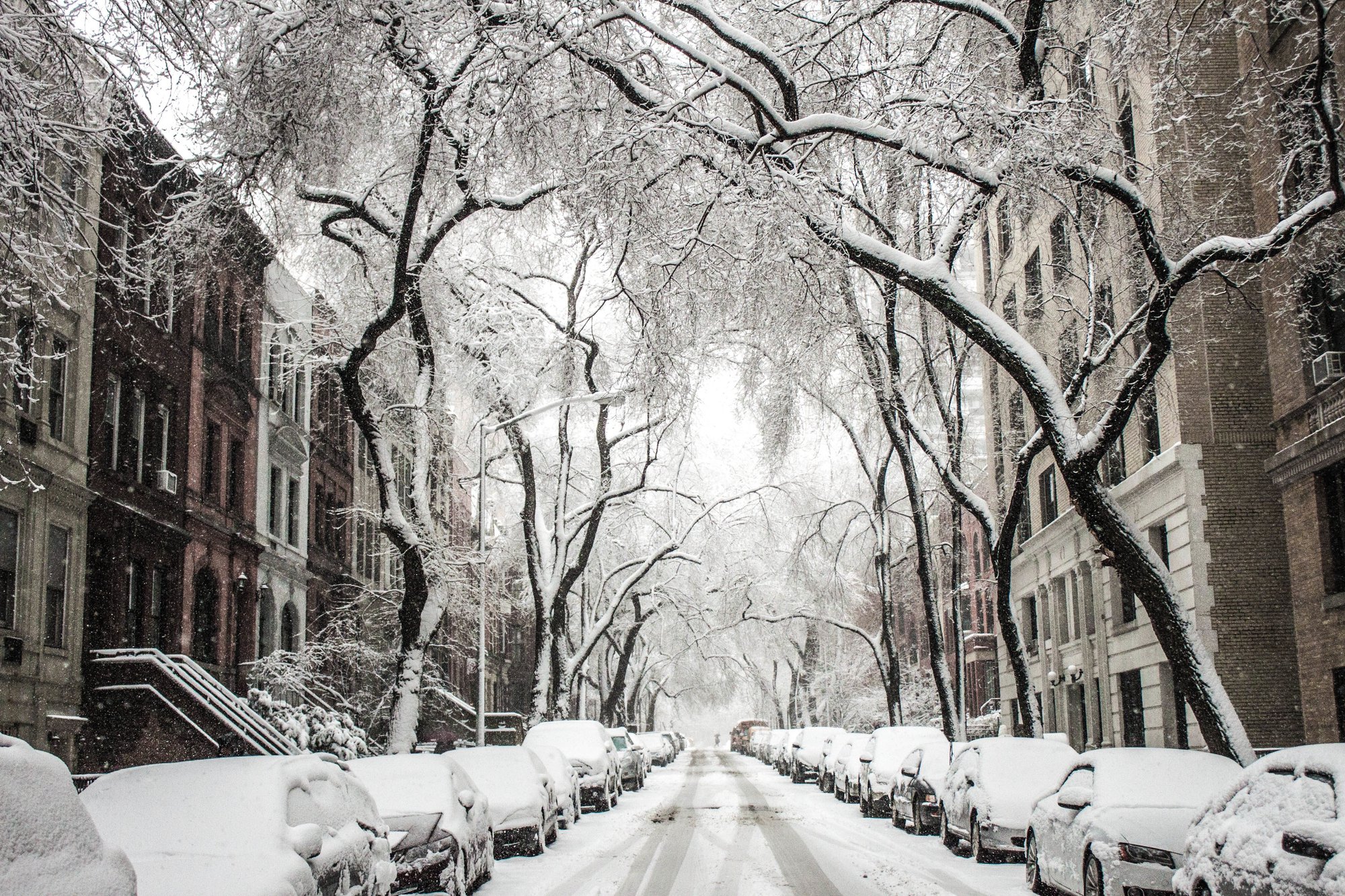Stormageddon plus COVID is making everyone more stressed
In the winter, when there’s less sunlight and fewer opportunities to connect with others, it’s easy to succumb to a case of the “winter blues.” This can be anything from a mild case of malaise to a full-blown Seasonal Affective Disorder—the type of depression that comes on when daylight is limited.
Here in southern Ontario, we’ve just been through a record-breaking snowstorm. People were still digging themselves out, more than 24 hours later. That storm, coupled with recently increased restrictions due to the Omicron variant has been increasing the stress levels for all Ontarians.
The winter blues have been particularly hard on people, this year, after 22 months of a pandemic and with no end in sight. We’re already stressed to the max due to all the losses and hardships we’ve been through, not to mention the unrelenting sense of uncertainty we all share.
Will the pandemic ever end? We sure hope so, but what will that look like? Feeling like the ground is constantly shifting under our feet has been especially hard on us, and that combined with bonkers weather is leaving a lot of people with a bad case of the winter blues.
The west coast of Canada had record-breaking heat in the summer and then record-breaking cold in the winter, with horrendous flooding in-between. Here in Ontario, we haven’t seen this much snow in a 24 hour period in decades. Toronto was so overwhelmed by the storm that we had to declare a snow emergency. It’s all been so stressful.

There are typical signs of the winter blues
How do you know you’ve got the winter blues? You might be feeling down in the dumps or even apathetic. You might be more irritable or impatient. You might be sleeping too little or too much. You might be eating a lot more or a lot less. You might be drinking more than usual, or smoking marijuana to excess. You might be feeling sad, or kind of numb. All of these symptoms could suggest the winter blues.
If you have any of these symptoms, it could be time to talk to a professional about how you’re feeling. Sometimes, all you need is a lightbox that you can purchase for about $25 online. Spending 20 to 30 minutes with it every day can often help to clear away the winter blues.
If the blues have set in more deeply, you’re going to need more help in the form of talk therapy and possibly also medications. When you speak to your healthcare provider, they can assess the situation and recommend the best treatment for you.
This year, it’s harder than ever to tell that you’re dealing with the winter blues because life has been so challenging and most of us are already feeling overwhelmed. That’s why paying attention to the above symptoms can help you determine if what you’re feeling is the same old stress or maybe another layer of mental health concerns.
If you’ve been snapping at the people you live with, breaking down in tears for no reason, lying awake at night over-thinking, not having the energy or motivation to get out of bed in the morning, or emptying the bottle of wine a lot more quickly these days, you should probably get some help because what you’re going through is not likely to go away on its own.

The winter blues don’t go away on their own
After 22 months of the pandemic, everyone is more susceptible to mental health challenges, Omicron, and this crazy winter weather have created prime conditions for the winter blues. There’s no shame in having the blues. It doesn’t mean you’re “weak.” And by the way, you can’t “just snap out of it.” That only works in the movies.
What often happens is that we get caught up in bad habits like eating to excess, drinking too much alcohol, and drug use. The pandemic has only made these issues worse, with increased rates of overeating that are meant to soothe our blues. Unfortunately, these habits only cause us more difficulties, and then we try to force ourselves to change by going on diets, quitting alcohol, drugs, all cold-turkey.
Unfortunately, this attempt at a behavioural change doesn’t work. We’re using these substances to self-soothe, so when we take them away, our winter blues get worse. What we need are real solutions to our problems, not forced abstinence.
Often, forcing ourselves to quit these bad habits results in a yo-yo effect, where we over-indulge, then abstain, then—because our only self-soothing mechanism is gone and we feel worse—we start up the habit again. And as everyone knows, yo-yo dieting is terrible for our health, and continually starting and stopping alcohol or drugs isn’t much better.

Everyone deserves to have real help for their winter blues
You deserve real solutions so that you can avoid the yo-yo cycle of stopping and re-starting the bad habits that are supposed to make you feel better (but only make you feel worse).
In the winter months, we need to look for signs of trouble early on. We’re halfway through January and at the best of times, a number of people will have already come down with the blues. These are far from the best of times, so we should all be a bit more alert to the signs of the winter blues in ourselves and in those around us.
Everyone needs self-compassion. Instead of feeling bad about yourself for having the winter blues and criticizing yourself for the bad habits you’ve developed as coping mechanisms, you can understand what’s going on and seek out the help you need so that you can finally heal.
Getting the help you need, or making it possible for a friend or loved one to get the help they need, will make the winter of 2022 that much less challenging. Make sure to take care of yourself by minimizing your stress and maximizing your support. On my part, I just bought a new snowblower. It’s already done wonders for my mood!
______
Sign up here for my free biweekly wellness newsletter that brings you fresh, thought-provoking content.
Subscribe to my YouTube Channel where you’ll learn simple tips for taking the best care of yourself and your loved ones.
Tune in to my Ruthless Compassion Podcast where I go in-depth about topics like mental health, trauma, and loneliness.



